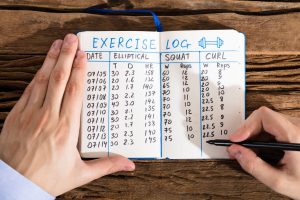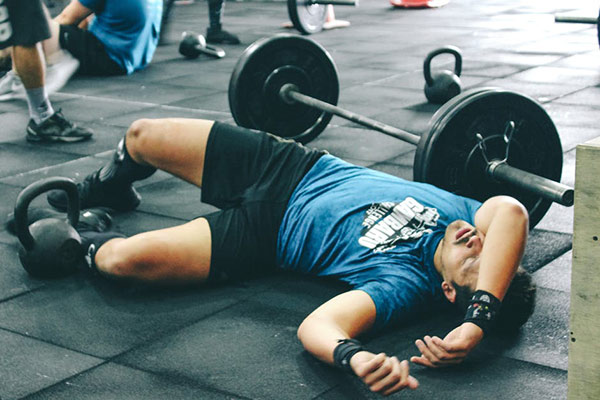After a week of an intense training session, have you ever felt fatigued, sore, and struggle to complete your workouts? It is probably from overtraining and it’s normal.
Overtraining can occur when you work out excessively without allowing enough recovery time between sessions. Sometimes, too much exercise can be harmful to your overall health and hinder your fitness results and goals.
It is normal to experience overtraining once in a lifetime as an athlete. Many athletes tend to ignore the signs of overtraining and believe that poor performance signals to train even harder, so they continue to push themselves. This only breaks down the body further.
It may be hard to know when you are overtraining, as it is only natural to feel fatigued after a challenging training session. But feeling like you aren’t recovering between sessions or experiencing difficulty pushing yourself during workouts can be indicators of overtraining.
So here are some symptoms and signs of overtraining you can look out for.
Training-related signs
i) Muscle soreness after a workout, which unusually persists with continued training
ii) Performance declines
iii) Delay of recovery in training
Lifestyle-related signs
i) Lack of energy, motivation, and mood
ii) Poor quality sleep
iii) Inability to relax due to muscle soreness
Health-related signs
i) Weight-loss
ii) Irregular menstrual cycle
iii) Increase blood pressure and at-rest heart rate

Image via : GOQii
If you have experienced any of these symptoms, it’s time to give yourself a break. Take this time to stay away from any high-impact or intense forms of exercise and give yourself time to make a full recovery.
Here’s what you can do to avoid overtraining.
1. Rest
Quality rest is crucial for recovery from overtraining. You may need to temporarily stop or reduce training sessions. Always listen to your body and work closely with your coach or physiotherapist to know how you’re feeling.
2. Keep a training log
Try recording your feelings of well-being and how much you’re exercising. As you gradually increase your training load, jot down how you feel after every day in a training log, it can help you recognize the symptoms of overtraining.

Image via : Pump Some Iron!
3. Nutrition
Food is fuel. Your calorie intake should cover what your body needs for training and muscle repair. Evaluate your food habits and makes sure you’re getting enough of what you need, such as protein, fruits and vegetables are important power food for combatting overtraining.
4. Hydration
Dehydration contributed to muscle fatigue. Ensure to drink lots of water with the goal of having light-colored urine. If possible, avoid fluid that causes dehydration such as caffeinated and alcoholic beverages.
Image via : Aaptiv
5. Mental Health
As an athlete, it can be emotionally challenging to take time off from training. Mental health plays a huge part during this period of recovery, hence, getting support and validation can help to normalize the experience and help athletes to feel less overwhelmed and discouraged during the break.
To summarize, overtraining can be controlled when symptoms are identified early, If you have been experiencing these symptoms be sure to take some extra rest days. Missing a few days of training won’t kill your fitness levels, you will thank yourself for taking a break to prevent you from sliding into even deeper trouble.
For more information please scan me (QRCode).

For further inquiry please contact us: Max 012-2969969, Christine 012-3590048 or YG
016-2020911.
































































































